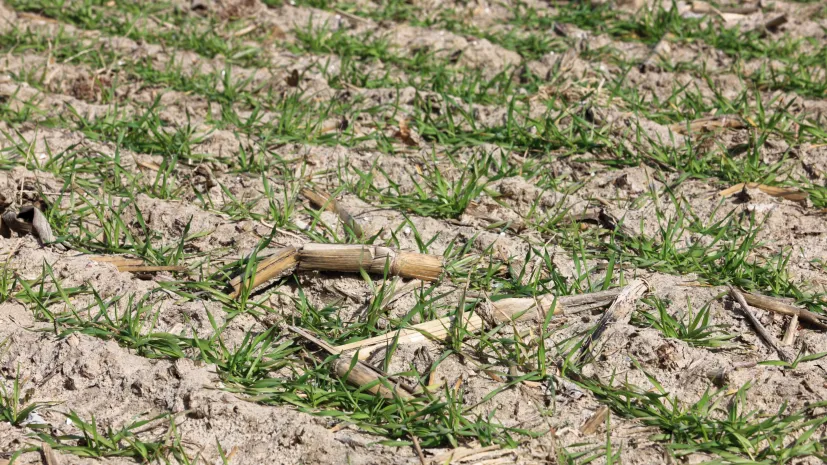-

Discarded cans and bottles become animal traps, say scientists
Cans and bottles discarded by people become animal traps, confirm scientists who have examined the content of almost 1,000 such containers. Inside 56 percent of them, they found over 10,000 dead animals: mainly invertebrates, less often small mammals, amphibians and reptiles. Some of them are protected species.
-
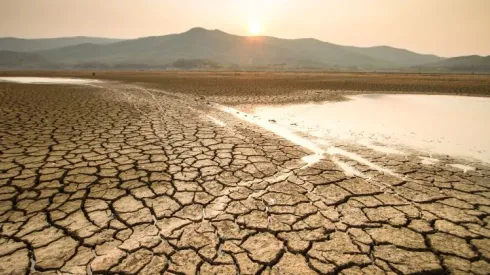
Humans ARE responsible for global warming, says expert
Humans are responsible for global warming, Dr. Janusz Filipiak, head of the Department of Meteorology and Climatology at the University of Gdańsk and an employee of the Institute of Meteorology and Water Management - National Research Institute says in an interview with PAP.
-
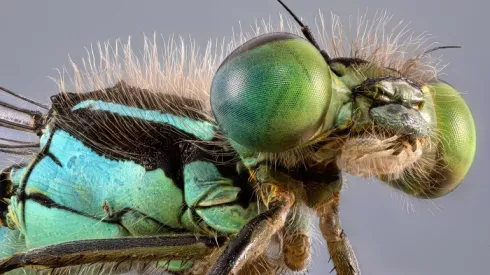
Damselflies under threat from climate change and parasitic predators, say researchers
Climate warming and the stress caused by the presence of invasive predators in the environment worsen the condition of insects and cause greater incidence of deadly microsporidiosis, according to a study by Polish and Swedish biologists.
-
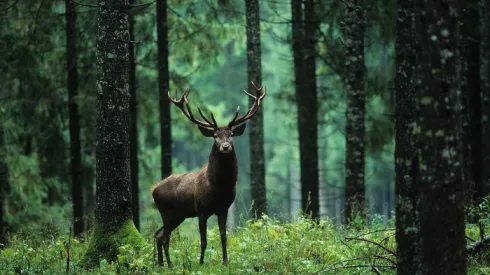
More people on forest paths means fewer deer... and fewer ticks
There are relatively fewer deer and fewer ticks near popular forest trails and paths, according to new research.
-
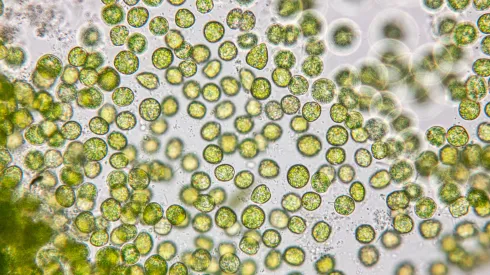
Amazing Chlorella: Dietary supplement can be used in energy industry
They have a beautiful green colour, they are easy to culture and efficiently absorb carbon dioxide. Their potential can be used in the energy industry. Scientists at the Department of Environmental Engineering at the Faculty of Geoengineering of the University of Warmia and Mazury in Olsztyn are working on technological solutions that will enable the large scale use of Chlorella algae.
-
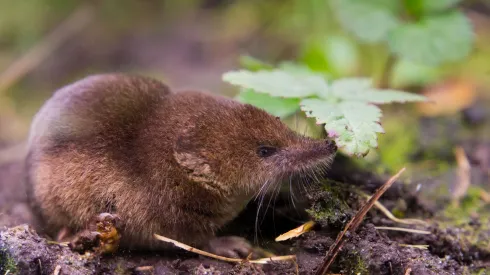
Common shrew Poland’s third venomous mammal, new research reveals
The common shrew is one of Poland’s most venomous mammals, new research has found.
-
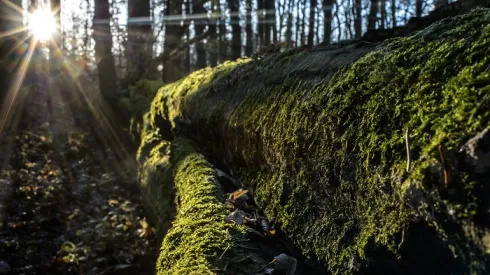
Last breath of primeval forests in Poland
During the mass migration period (4th to 6th century CE) agricultural areas and forest regeneration occurred in the area of today's Poland. Then, along with the intensive settlement of the Slavs and the Balts, and then the development of the state, primeval forests began to gradually disappear.
-
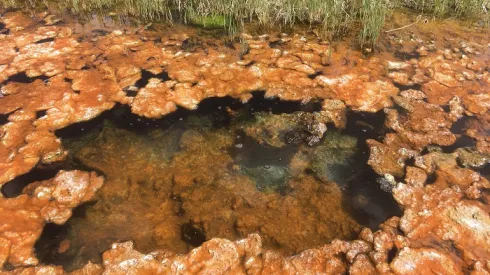
Polish biologists discover new genus and species of cyanobacteria
Scientists have discovered a completely new genus (a taxonomically higher unit) of cyanobacteria.
-
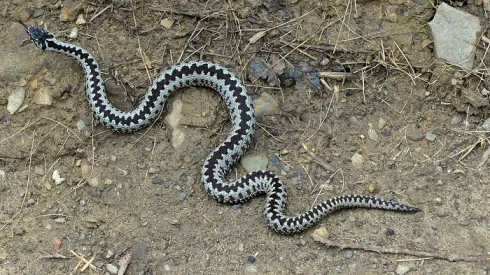
One in five reptile species threatened with extinction, says new report
A staggering 21 percent of reptiles in the world are threatened with extinction, a new report in Nature says.


